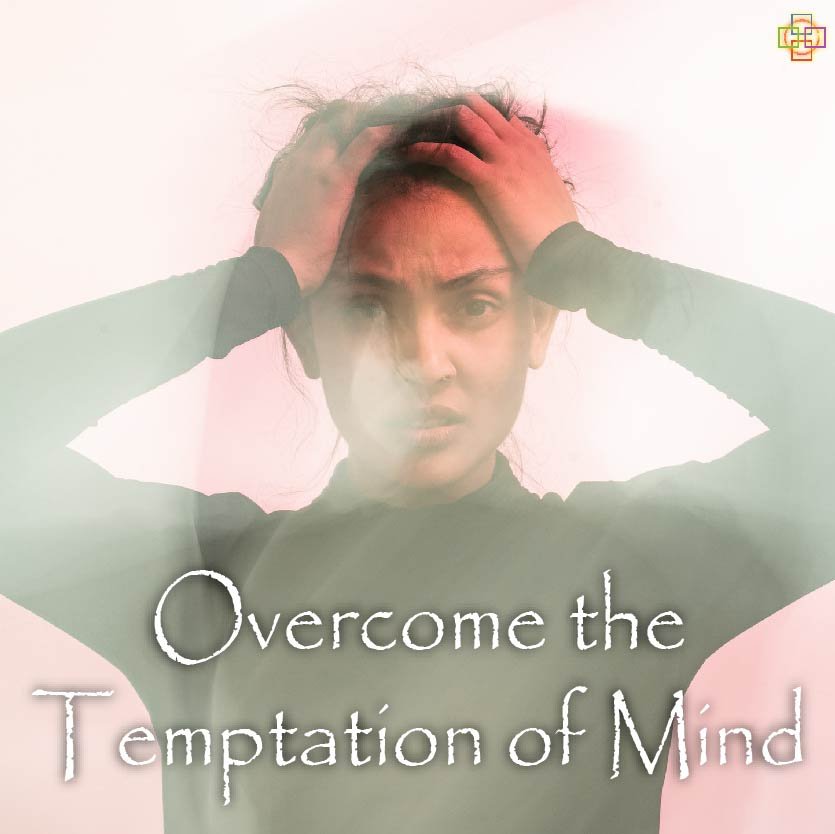
Read Our Written Sermons
grounded in a mystical, interfaith-Christianity inspired by Emanuel Swedenborg

You are Beyond Words, Fear, and Mind
We tend to think that we know what to do, what’s best, in any given situation – but what if I said that the mind that thinks it knows best and has so many opinions is diametrically opposed to your sense of peace and what many call the will of the Universe, or God’s will? When we have a sense of understanding it is a moment of relative peace and quietude, an appreciation for how things already are. Noticing the peace that we are is just like this, it lacks the angst of our personal identity and judgment, and yet, these things can arise to it. We only tend to miss God’s peace because we overlook it in its humility, as it is our very own spaciousness and light.

Allow Yourself to be Lifted by Your Greater Nature
We often hear Jesus’ words, “Do this and you will live,” and take it as a future promise. But like many sages across traditions, he was speaking actively – that we can truly live today if we love our neighbours and love Divinity with everything we have. How do we love both God (or whatever you want to call the Creator Spirit) with everything, as well as love our neighbours? Sometimes it takes quite a bit of strength and patience to love our neighbours! Well, this hinges on what the scriptures mean by “neighbour” (and “God”) and if there actually is a separation between Divinity and the reality of who and what our “neighbours” are. Perhaps these are also synonymous with finding the naturalness of life, what some call finding regeneration, resurrection, and rebirth, escaping our enslavement to the machinations of the superficial social and personal pressures around and within us.

Overcome the Temptation of Mind
The are many traditions that encourage fasting as a form of spiritual practice, from the fasting rituals of Islam’s Ramadan to Yom Kippur within Judaism. Christianity has a funny one, in a way, in that within the fasting traditions of Lent, Christians are often encouraged to “choose” a fast instead of primarily fasting from food. Perhaps this has its roots in the various forms of temptation that Christ encountered during his 40 days of fasting in the wilderness. The mystic Emanuel Swedenborg believed that even within the detail of “40 days of fasting” there was a deep symbolism, indicating that Christ underwent what he calls “a full state of temptation,” and that we too are all called to overcome “a full state of temptation” by realizing that all of our power is from above (read: within), and also that we serve our minds – when it should be the other way around.

Fast from Your “Self”
I can’t help but think it would be amazing if my dog did all the things that I told her to: “Ghost, sit and rest. Ghost, turn around. Ghost, do a backflip! Ghost, take yourself safely on a walk for the next 15 minutes.” Although, it sounds like it might be a bummer for her! But this is exactly what Christ and many wise sages indicate that they do in regard to God. Jesus said, “the Son can do nothing by himself; he can do only what he sees his Father doing.” Christ knew that all things that happened are a manifestation of the universal will or what some call “God’s Providence,” but it also means that Christ had awakened to this truth so fully that his mind was perfectly in sync with the Spirit flowing through his mind and around him. Unlike many of us, Jesus was no longer beholden to his fickle yearnings and attachments, nor deep-seated fear or misgivings, although he might have experienced these in passing. Christ says as much himself, “for I seek not to please myself but him who sent me,” inviting us to the same lightness of Spirit by giving in to the flow of Life. And perhaps our relationship with God is even closer and already more aligned than we know, making us less God’s “pets” and more God’s “children.”
